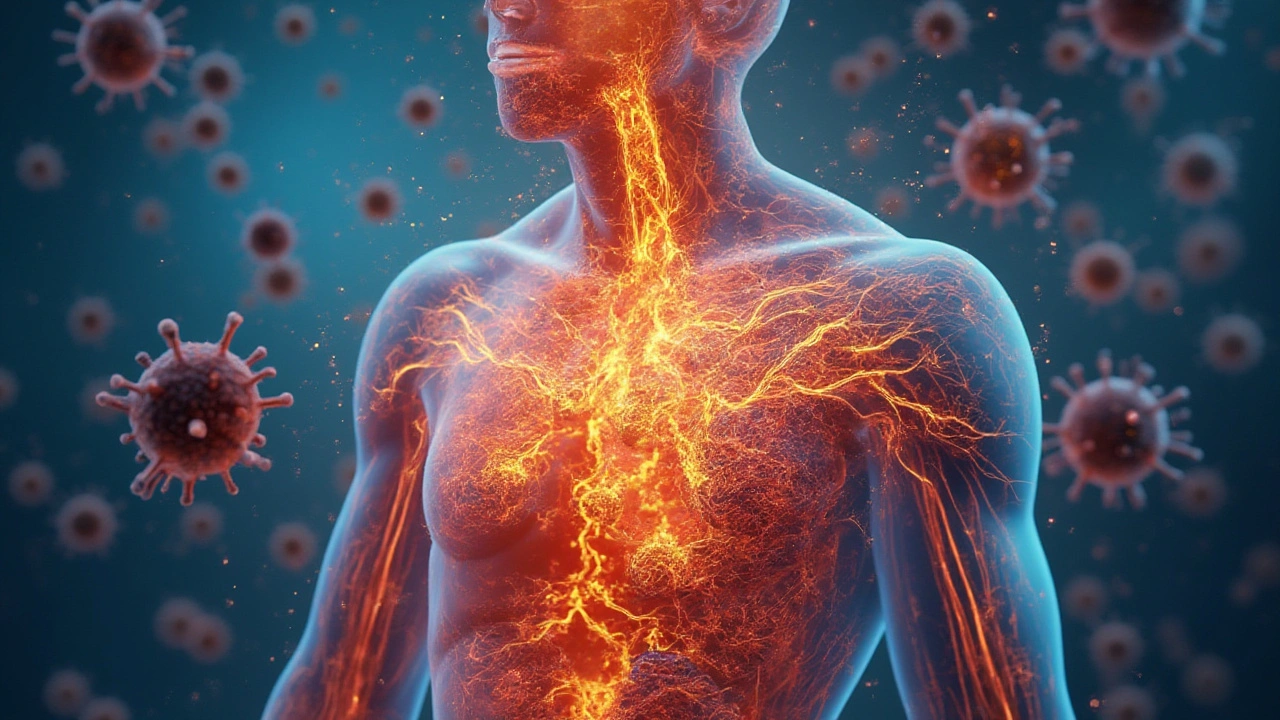Metabolism and Your Health: What You Need to Know
Metabolism isn’t just a buzzword – it’s the engine that turns everything you eat, drink, and take into usable energy. When you pop a pill or sip a supplement, your liver and other organs break it down, decide how much reaches your bloodstream, and ultimately how well it works. Understanding the basics can help you avoid surprises, get better results, and keep your body running smooth.
Why Metabolism Matters for Medications
Every drug you use goes through a journey called pharmacokinetics. First, your stomach and intestines absorb it, then the liver enzymes – mainly the cytochrome P450 family – transform it. Some drugs need a quick conversion to become active, while others must stay unchanged to work. If your liver is busy or slowed down, the drug can linger too long, cause side effects, or simply lose potency.
For example, montelukast (the active ingredient in Singulair) is processed by CYP2C9. If you also take a medication that blocks this enzyme, you might feel stronger effects or more side effects. Knowing which enzymes handle your medicines can guide safer choices, especially when you add over‑the‑counter pills or herbal extracts.
Supplements and the Metabolic Roller Coaster
Supplements sit in the same metabolic pipeline as prescription drugs. Vitamin D, for instance, is fat‑soluble, meaning it hangs out in your tissue and releases slowly. If your diet is low in fat, you might not absorb enough, even if you take a high‑dose capsule. On the other hand, compounds like sulforaphane from Brussels sprouts can boost your body’s own detox enzymes, helping it handle other substances better.
But not all natural products are harmless. Garlic oil, essential oils, and honey have mild antibacterial properties, yet they can still interact with blood thinners or affect liver enzymes. Always check the label and, if possible, ask a pharmacist whether a new supplement fits with your current meds.
So, how can you keep your metabolism on point?
- Stay hydrated. Water helps your liver flush out waste and move nutrients where they’re needed.
- Eat balanced meals. Protein, healthy fats, and fiber support enzyme production and steady blood sugar.
- Mind your alcohol intake. Even moderate drinking can slow down key liver enzymes, altering drug levels.
- Watch for timing. Some drugs work best on an empty stomach, while others need food to avoid stomach irritation.
- Consult before mixing. If you add a new supplement, ask a healthcare professional about possible interactions.
Remember, metabolism isn’t a static process. Age, genetics, diet, and health conditions all shape how your body handles chemicals. If you have liver disease, diabetes, or are on multiple prescriptions, your metabolic pathways might need extra attention.
Bottom line: treating metabolism like a silent partner in your health plan can save you headaches, bad reactions, and wasted money on ineffective products. Keep an eye on what you put in your body, stay informed about enzyme interactions, and you’ll give your metabolism the support it needs to keep everything running smoothly.
Enzymes control almost everything in our bodies, from digestion to energy. What really happens when they're missing? This article breaks it down.
